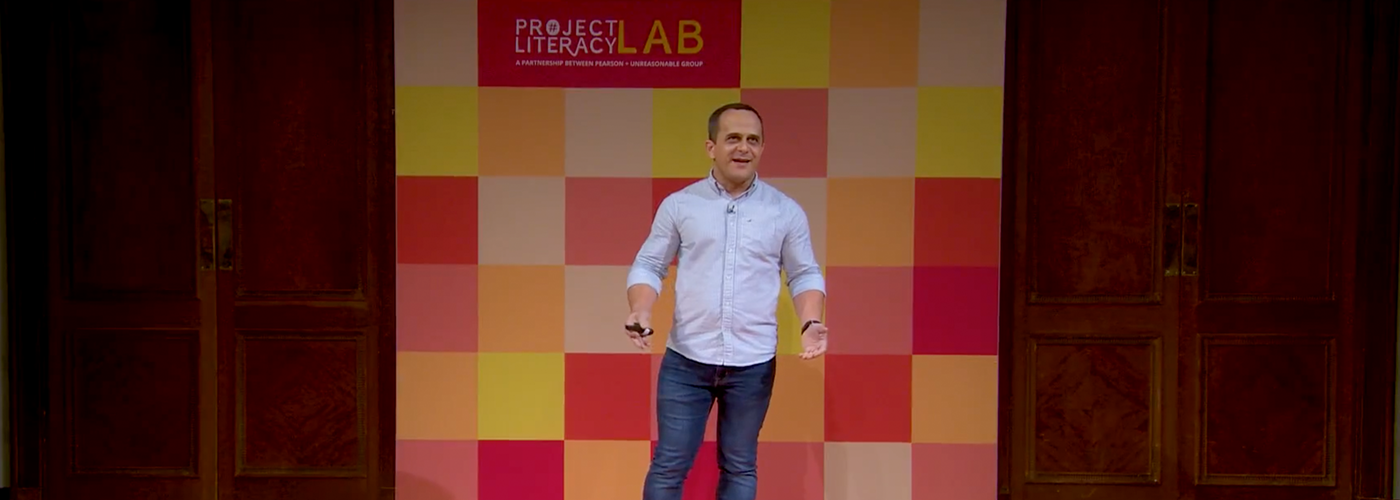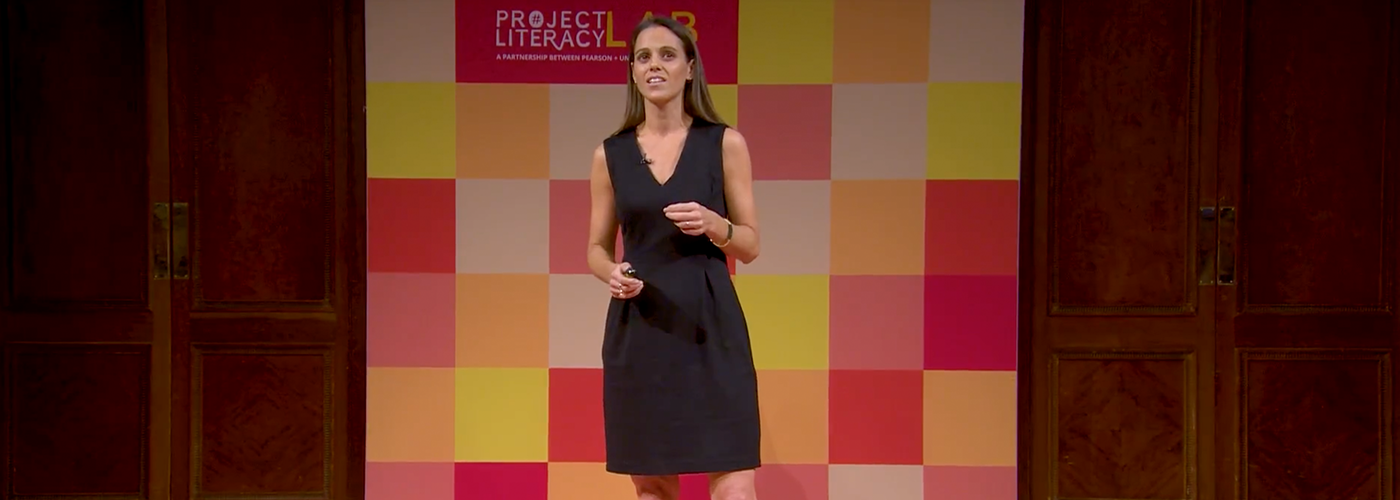 ccording to the World Bank, one billion people, or 15 percent of the world’s population, experience some form of disability. On average, and especially in developing countries, this group is more likely to experience adverse socioeconomic outcomes, such as less education, lower levels of employment, poor health outcomes and higher poverty rates. Essentially, this means social exclusion for many people all around the world.
ccording to the World Bank, one billion people, or 15 percent of the world’s population, experience some form of disability. On average, and especially in developing countries, this group is more likely to experience adverse socioeconomic outcomes, such as less education, lower levels of employment, poor health outcomes and higher poverty rates. Essentially, this means social exclusion for many people all around the world.
Due to a medical mistake during his wife’s labor, Carlos’s daughter was born with cerebral palsy. She struggles to communicate verbally, like many people with a disability. Impassioned to help his daughter and other people in a similar situation, Carlos created Livox – a software that uses intelligent algorithms to help people communicate and learn. The app is populated with educational content, and it uses natural language processing and machine learning to teach people to read, write, and understand complex math concepts in a customized way.
To date, over 20,000 people with disabilities have used Livox to learn across Brazil, mainly on tablets in schools. Livox is used widely within the Florida hospital system, and it’s distributed in 22 countries across the Middle East, helping people to communicate in Arabic. Carlos was awarded Social Entrepreneur of the Year in 2017 at the World Economic Forum.




